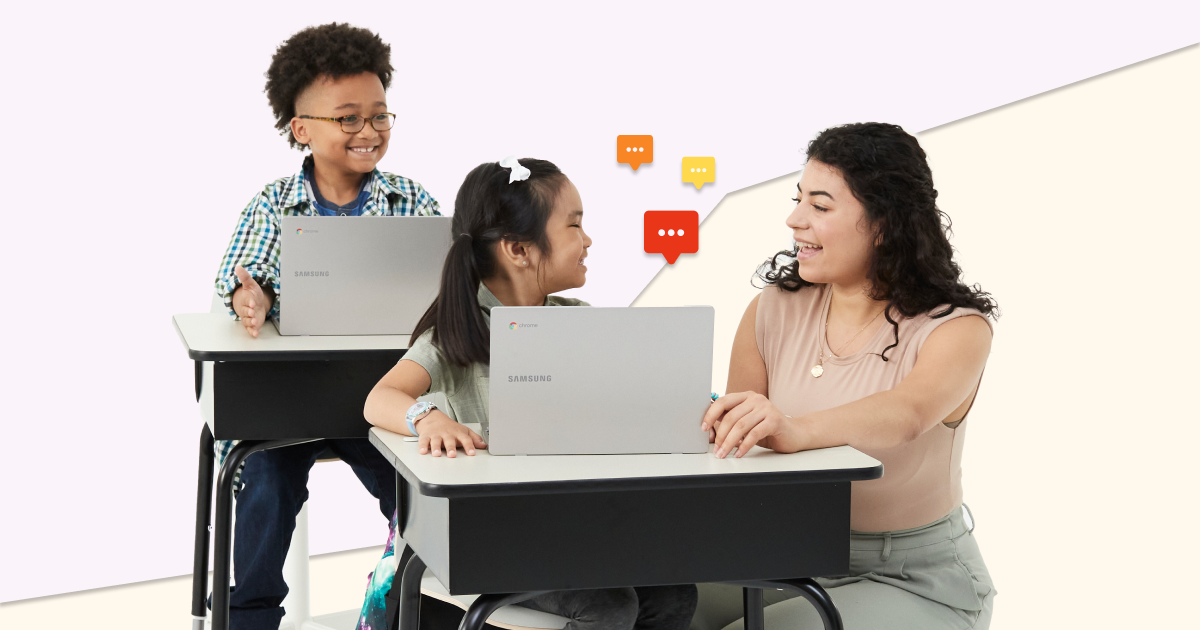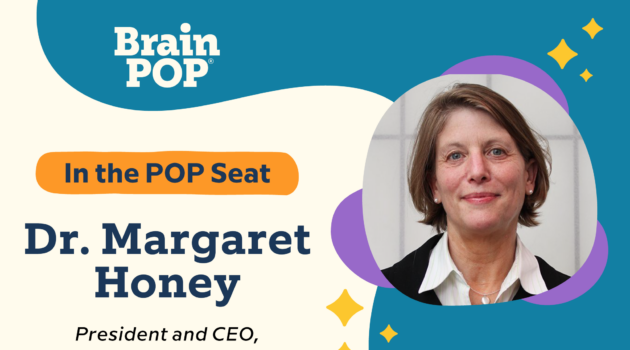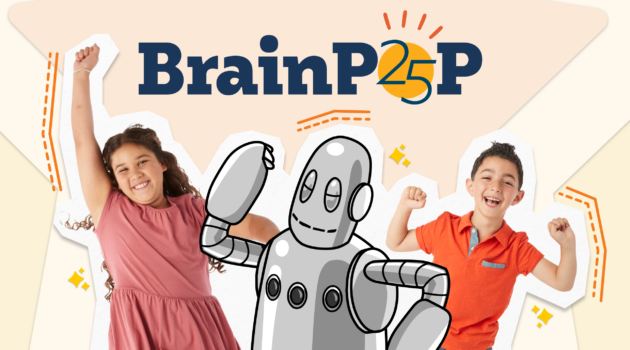Thought Leadership
Fostering Safer, Kinder, Responsible Behavior Online and Offline

Grainy video footage shows a student ripping a calendar off a classroom wall and running away, her friends laughing in the background. Another segment shows a teacher and student talking at a desk before the student suddenly slaps the teacher, eliciting excited screams from an unknown audience.
This is not security camera footage. Rather, it’s a mashup of cell phone videos taken by students participating in a TikTok challenge known as “Devious Licks” in order to gain notoriety on social media among their peers. Consequences for participating in these “challenges” are significant, including expulsion from school and paying thousands of dollars in damages. Knowing what’s at stake, why would students engage in such reprehensible behavior, and then claim responsibility by sharing evidence of their actions online?
Digital Citizenship instruction proactively teaches kids how to conduct themselves in online spaces. It also addresses the challenges kids face online, such as peer pressure, cyberbullying, and threats to physical and emotional safety. Digital citizenship serves as a bridge between character education and technology instruction.
To learn more, I spoke with two educators who are implementing innovative and meaningful digital citizenship lessons in their respective schools: Kathleen Weil teaches K–5 technology classes at a charter school in Colorado, and Rebecca Gratz, a K–5 instructional facilitator of computer science in Northern Virginia, works with teachers to integrate computer science standards and practices in the classroom.
Digital citizenship serves as a bridge between character education and technology instruction.
Who You Are Online, Who You Are In Person
“I believe it’s important to help students identify that their character plays an important role when working online,” says Kathleen Weil, whose school maintains a strong focus on character education. “Character traits from our school program that I incorporate into my digital citizenship lessons include respect, responsibility, kindness, integrity, self-control, cooperation, and perseverance.”
Weil ramps up her lessons at the beginning of the year with a focus on online safety, protecting private information, creating strong passwords, and cyberbullying. “One of my favorite digital citizenship projects is where my students record messages promoting good digital citizenship habits while dressed up as superheroes,” she says. In a different project, her class creates “an interactive bulletin board in the hallway, where students can scan QR codes to view video messages created by their peers about digital citizenship.”
With these foundational learning targets established, Weil moves on to topics such as vetting online sources and avoiding plagiarism, usually in tandem with a research project. These academic skills serve students long past elementary school, and ideally carry over to general media consumption throughout their lives.
The Social Media Giant in the Room
Rebecca Gratz also strives to instill lessons on character and digital safety.
“We begin with what is safe to share and what isn’t,” Gratz explains. “We discuss that some things identify us that could potentially bring us harm, whereas other things are generic and can be said. We also work hard on what a safe password might look like.”
Gratz reports that most of her young students are not yet engaged in social media, but knowing they will undoubtedly be exposed to TikTok, Snapchat, Instagram, and Facebook within a few years (if they haven’t been already), she seeks to nip problems before they arise. “As students move up in grades, we begin discussing the social impact of computing—both positive and negative—and having conversations with them about how social media can have multiple impact points. We also discuss ways to make sure that we maintain a positive presence online,” Gratz says.
Gratz and her school’s administrators are banking on the idea that early instruction will lay the groundwork for good habits down the line, preventing pitfalls such as involvement in dangerous TikTok challenges and the like. “We hope that we are able to showcase how to be safe, responsible, and respectful within these social media platforms before they actually have their own to manage,” she says.
Gratz and her school’s administrators are banking on the idea that early instruction will lay the groundwork for good habits down the line.
Preventing Online Cruelty by Teaching Kindness
Cyberbullying has been a major concern for Gratz and Weil’s students, particularly in recent months. Weil noticed “a huge uptick in the number of students sharing personal experiences related to cyberbullying.” She responded by partially overhauling her planned digital citizenship curriculum to dedicate more than one or two class periods to the topic. “I’m finding I need to provide additional time to allow students to talk through their experiences,” Weil explains. “I want them to feel validated, and I don’t want to dismiss their questions simply because I need to get to my next lesson. I’ve slowed down my pacing to provide time to talk out these situations and discuss strategies for when these online situations arise the next time.”
Gratz echoes this sentiment. “Virtual bullying and digital harassment are becoming a daily conversation in secondary schools,” she says, which makes learning good digital citizenship habits at an early age all the more imperative. Gratz hopes to empower her students to protect themselves and each other in an online forum.
I want my students to understand that they have a responsibility when using technology, and to not take that responsibility lightly.
The Online Superhero Credo
In spite of potential online safety and privacy issues, both educators feel that the increased digital savvy of students today is a net positive change. “There is so much discussion surrounding the idea of ‘learning loss,’” Gratz says. “But many students made gains in other areas that are proving to be essential to their future educational success. For example, students know how to navigate online platforms better and are better problem solvers and self-starters. These digital tools allow for more time committed to academics.”
Weil also sees the potential for greater learning opportunities with an increasingly digitally engaged student body, but she cautions her students to wield their new skills in an ethical and mature manner. “I want my students to understand that they have a responsibility when using technology, and to not take that responsibility lightly,” she says. “I believe it’s Spider-Man who said, ‘With great power comes great responsibility’—and that is so true when it comes to using technology. I challenge my students to look for opportunities to be safe, responsible, and respectful.”
Ilana Garon is a writer, editor, and educator who has taught English (and sometimes math, in emergencies) in New York City, Nashville, and Kansas City. She is the author of “Why Do Only White People Get Abducted by Aliens?”: Teaching Lessons from the Bronx (Skyhorse, 2013). Ilana is a military spouse currently stationed in Washington, DC with her family.






